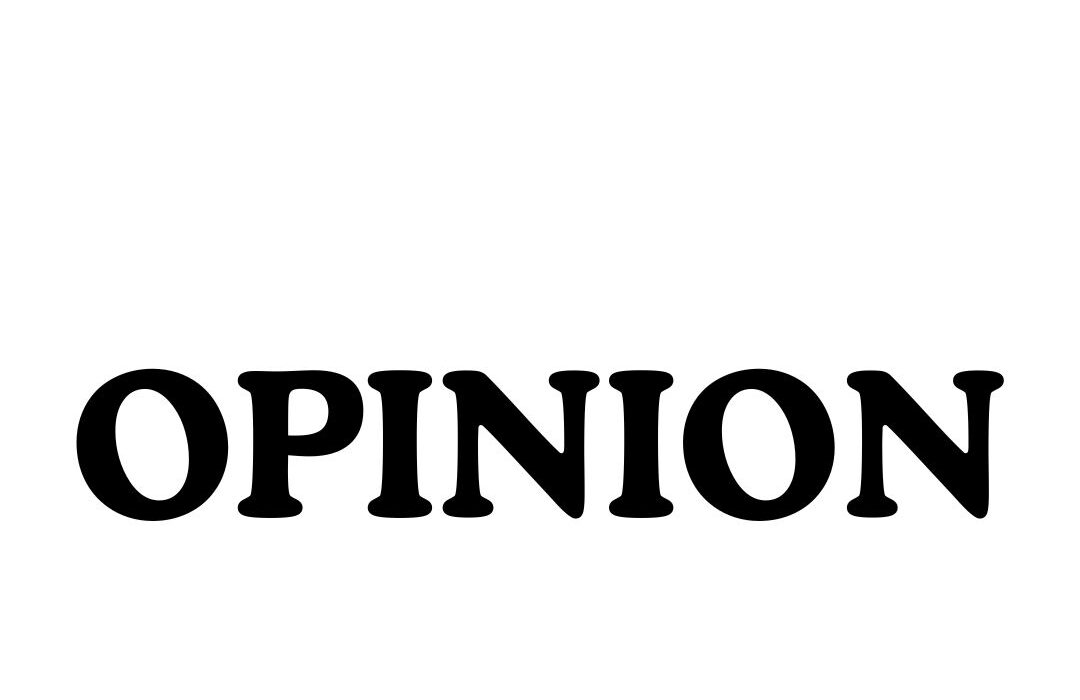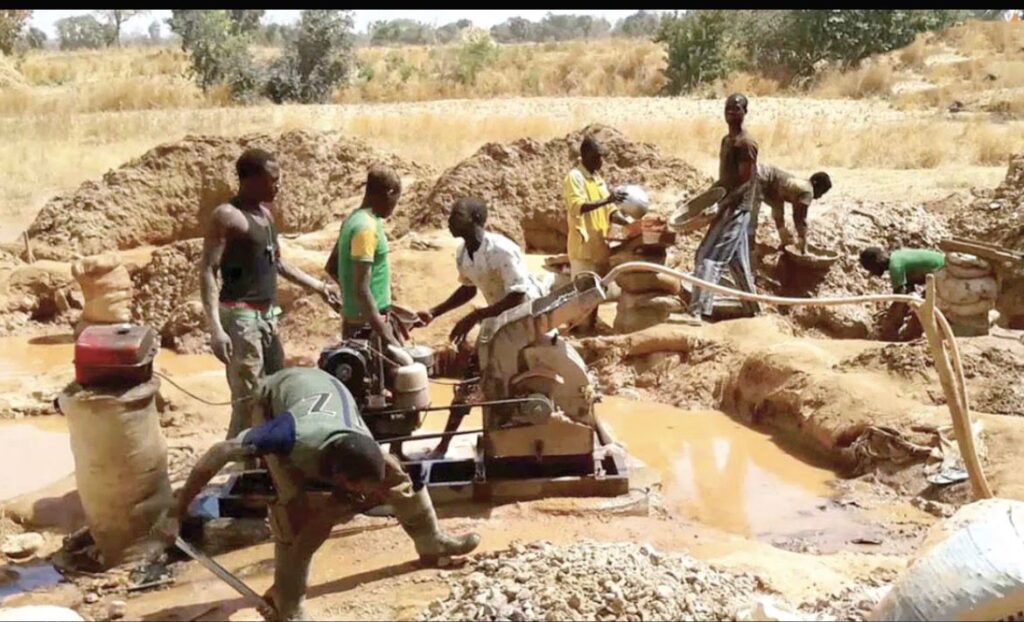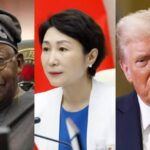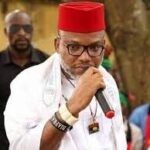Nigeria’s ‘Crimes’ Are Acts of Sovereignty, Not Offenses — Why the U.S. Labeled Nigeria ‘Country of Particular Concern’

Nigeria’s recent designation by the United States as a “Country of Particular Concern” appears to be less about human-rights violations and more about Washington’s discomfort with Nigeria’s growing assertion of independence on the global stage. The move, many observers say, reflects geopolitical tension rather than humanitarian concern.
One key source of friction was Nigeria’s refusal to accept U.S. prisoners. Reports indicate that Washington had sought to transfer certain convicted inmates including notorious drug-cartel figures from Mexico, Cuba, and Venezuela to Nigerian prisons to serve their remaining sentences. Abuja’s firm rejection of this proposal was viewed by some U.S. officials as a rebuff to bilateral cooperation.
Another flashpoint was Nigeria’s support for the creation of a Palestinian state at the United Nations General Assembly. By voting in favor of Palestine’s independence, Nigeria positioned itself against U.S. policy, which has often used its veto power to block similar resolutions.
Similarly, Nigeria’s decision to protect the autonomy of the Nigerian National Petroleum Company (NNPC) and resist foreign influence, including that of U.S. interests, further irritated Washington. The stance reaffirmed Nigeria’s commitment to maintaining control over its natural resources, a move hailed domestically as an act of economic sovereignty.
The U.S. was also unsettled by Nigeria’s growing partnership with the BRICS bloc and its expressed interest in full membership. The alignment with BRICS, an alliance promoting a multipolar world order challenges U.S. dominance in global trade, finance, and diplomacy.
Critics argue that the “Country of Particular Concern” label serves as a pretext for economic and political pressure. Under the guise of protecting religious freedom and Christian communities, they warn, Western powers could seek leverage to access Nigeria’s abundant natural resources, including oil, gas, lithium, gold, and diamonds spread across states like Nasarawa, Kwara, Zamfara, and Katsina.
Ultimately, what Washington frames as a moral rebuke may, in reality, be a form of strategic punishment for Nigeria’s refusal to conform to its expectations. Far from being acts of defiance, Nigeria’s so-called “crimes” from its independent foreign policy to its economic self-determination represent a nation asserting its sovereignty in an increasingly contested world order.
The analysis was written by political commentator Mustapha Gembu, who argues that Nigeria’s actions are expressions of national sovereignty that challenge the United States’ long-standing grip on global affairs.









